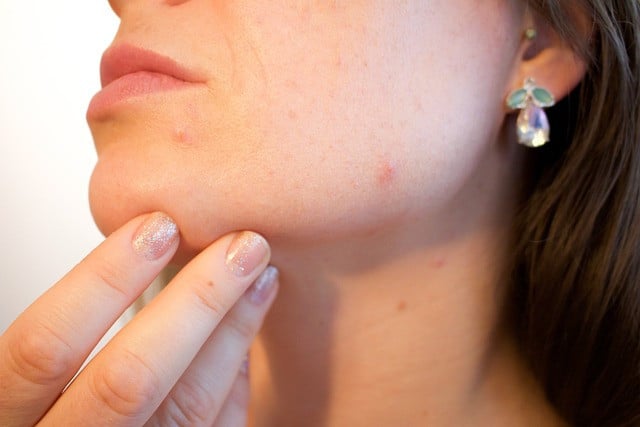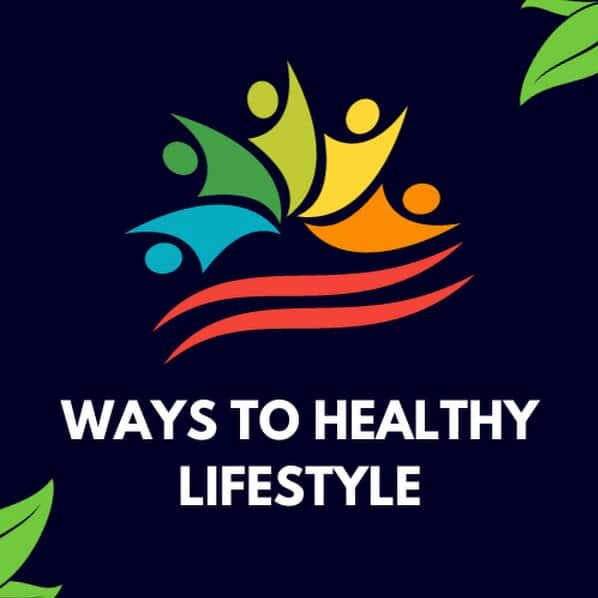Exploring Zinc Deficiency
Vegetarian diets can be healthy and nutritious, but if they are not balanced properly, they can lead to deficiencies in essential vitamins and minerals. One of these is zinc deficiency.
Plants contain zinc, but in smaller amounts than animal products. Zinc is also more challenging to absorb from plant-based foods. Non-vegetarian food items are a good source of zinc. However, getting enough zinc can become an issue if you are a vegetarian.Therefore, it’s important that vegetarians learn what foods are high in zinc and how to prepare them in ways that improve absorption.
Fortunately there are some plant-based sources of food that are rich in zinc. In this article, we will discuss the importance of zinc for vegetarians, how to identify a zinc deficiency, and what steps you can take to prevent it.
What is Zinc, Why is it Important and Who is at Risk of Zinc Deficiency?

Zinc is an essential mineral that is necessary for a wide range of biological processes. It plays an important role in the development and functioning of the immune system, as well as in wound healing and other metabolic processes. Unfortunately, many people are at risk of zinc deficiency due to inadequate dietary intake or impaired absorption.
Those on vegan diets, pregnant women, and those with gastrointestinal disorders are particularly vulnerable to zinc deficiency. It is important to understand the benefits of zinc, its sources in food, and who is at risk for developing a deficiency so that we can stay healthy and prevent any potential health problems associated with inadequate levels of this essential mineral.
What happens if someone has zinc deficiency?
Zinc deficiency is one of the most common nutritional deficiencies among vegetarians and vegans. This is mainly due to the limited availability of zinc-rich foods in a vegan diet. So it is a concern for Vegetarians and there are many consequences of it.
Consequences of Zinc Deficiency
Some common symptoms of zinc deficiency include:
- Poor immunity
- Slow wound healing
- Hair loss
- Diarrhea
- Cold symptoms
- Skin Rashes
- Vision problems and
- Weight loss
Fortunately, there are many ways to increase zinc intake for vegetarians and vegans such as including more vegan sources of zinc in their diets or taking supplements.
DOES ZINC CAUSE NAUSEA?
Zinc is an essential mineral that the body needs for various functions, including immune support, wound healing, and DNA synthesis. While zinc is generally safe when consumed within recommended dietary levels, excessive intake of zinc, typically from supplements, can lead to adverse effects, including nausea.
Consuming too much zinc from supplements or high-dose zinc lozenges can irritate the stomach lining and cause gastrointestinal symptoms such as nausea, vomiting, and diarrhea. These symptoms are more likely to occur when zinc is taken on an empty stomach.
The recommended dietary allowance (RDA) for zinc varies depending on age, sex, and life stage but generally ranges from 8 to 11 milligrams per day for adults. It’s important not to exceed the recommended intake unless under the guidance of a healthcare professional, especially when taking zinc supplements.
If you are experiencing nausea or other adverse effects from zinc supplementation, it’s advisable to stop taking the supplement and consult with a healthcare provider. They can assess your overall health and determine if zinc supplementation is necessary and, if so, recommend an appropriate dosage that minimizes the risk of side effects.
Healthy Eating Strategies to Support a Balanced Vegetarian Diet Rich in Zinc
Eating a vegetarian balanced diet can be beneficial for overall health, but it is important to ensure that your nutrient needs are met. Zinc is an essential mineral that plays a vital role in many bodily functions, and vegetarians should make sure they are getting enough of it in their diet.
Women need at least 9 mg of zinc every day whereas men need 11 mg of zinc in their diet.
Fortunately, there are many healthy eating strategies that can help support a vegetarian diet rich in zinc. Certain Plant-based foods are excellent sources of zinc and should be included in the diet regularly. By eating these foods regularly, vegetarians can enjoy all the benefits of a balanced plant-based diet while ensuring their nutrient needs are met.
Food sources of Zinc for vegetarians
Here are 8 rich sources of zinc for vegetarians. Read on.
- Beans:- One of the best sources of zinc for vegetarians is beans. You can include kidney beans, and black beans, lentils in your diet to get enough supply of zinc. However, if you plan to bake the beans ensure that you soak them overnight or for some hours before baking them to make it easy for your body to absorb zinc from the food items.
- Nuts:- Another good source of zinc is nuts. Some of the best sources of zinc are cashew nuts, walnuts, and pine nuts. If you are a vegetarian, eat a handful of nuts every day to add zinc to your diet.
- Dairy Products:- Dairy products are also a great source of zinc for vegetarians. Including fat-free yogurt or cheese in your diet can help you get sufficient zinc in your diet. Now-a days yogurt comes in flavours.
- Whole Grains: Wholemeal Bread, Wheat, Quinoa , Rice, and Wheat oats are also good source of zinc.
- Vegetables: Mushrooms, Spinach, Broccoli, Kale, and Garlic
- Seeds:- Seeds such as Sesame seeds, Pumpkin seeds, Sunflower seeds, watermelon seeds and chia seeds and are good source of Zinc. 2 tablespoon of hemp seeds contains 2 milligrams of zinc and an ounce of pumpkin seeds contains 2.2 milligrams of zinc.
- Dark chocolate:- Dark Chocolate contains a good amount of zinc. A 80-gram bar of 70–85% dark chocolate contains 3.3 mg of zinc.
- Tofu:-Tofu is another good plant-based source of zinc. Tofu is a great option for vegan as it also contains calcium, manganese and magnesium
Including these food items in your diet supplies your body with a sufficient amount of zinc so that you stay healthy and avoid problems caused by zinc deficiency.
For those who are unable to meet their daily zinc requirements through food, supplements can be a great way to bridge the gap. Supplements can help vegetarians ensure that they get adequate levels of zinc by providing them with an additional source of essential nutrients. By taking supplements, vegetarians can make sure that they are getting all the zinc their bodies need for optimal health and well-being.
Final Thought
Zinc deficiencies can lead to a number of health problems such as hair loss, acne, hormone imbalance, and susceptibility to colds. Zinc deficiency cannot be a concern for vegetarians if certain foods that are high in zinc are included in the diet on a regular basis. These foods are easily available in the market at affordable prices. It will be a wiser idea to check zinc levels regularly so that it should not lead to any serious disease. If zinc deficiency is severe, supplements will be needed.
Here are 2 best options of supplements for you:-
- HealthyHey Nutrition Zinc Citrate, Supports Immune and Immunity
- Jarrow Formulas, Zinc Balance, 100 Capsules
I hope you enjoyed reading this article. If you have any thoughts or comments on this article, we’d love to hear them.


Awesome article on Zinc deficiency! I learned quite a bit and am glad to have read this during times when it’s so easy to catch illnesses like colds. In fact, I actually had two sicknesses within the span of six weeks, which leads me to wonder if I have a Zinc deficiency. I will definitely be adding the foods you listed to my diet.
Thanks Kevin for the lovely feedback. Glad that you liked the post.
Hey Manisha,
Thanks for this article, it’s very detailed and informative.
As a vegetarian, I’ve always wondered about getting enough zinc in my diet, so this is perfect for me.
The tips on plant-based zinc sources are super helpful, and it’s reassuring to know about the symptoms of zinc deficiency and things to look out for etc. Time to load up on those beans and nuts!
Thanks for the practical and detailed advice.
All the best,
Cherie :o)
Thank you for the feedback. Glad that you liked the article.